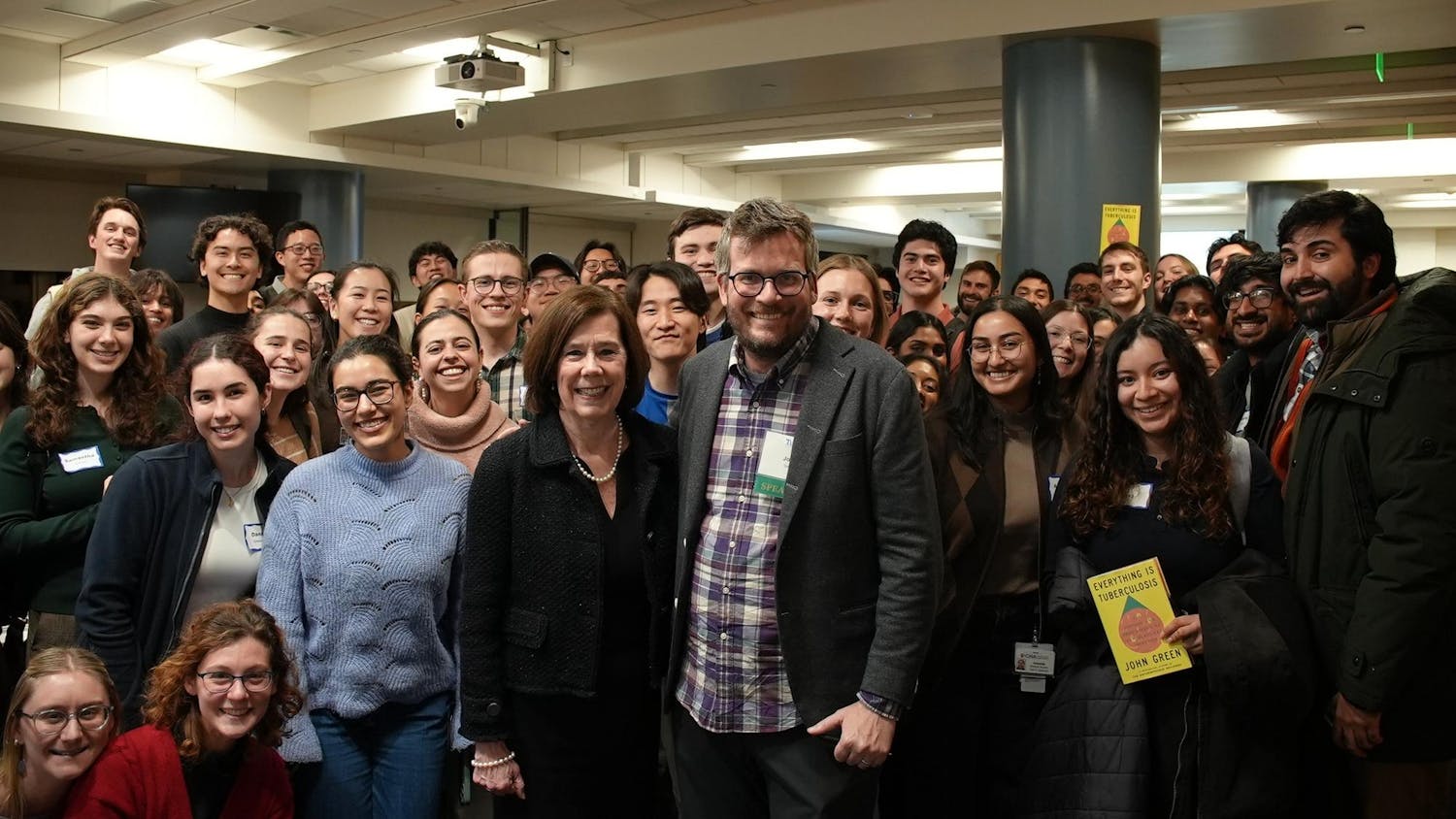History repeats itself, but not always in a perfect cycle. Sometimes it’s as if the circle flips, and we approach the same outcome from the opposite angle as before.
In Britain, Brexit has created too many historical parallels to count. The most interesting of these parallels are those that take on a strongly personal dimension, and none represent this better than the Benn family, for whom the issue of the European Union (EU) has defined two political generations.
In 1975, Britain had been in the European Economic Community (EEC), one of the forerunners to the modern European Union (EU), for only two and a half years. The Conservative Party had included EEC membership in its 1970 general election manifesto, and its surprise victory over the Labour Party was taken as a demonstration of clear public support for negotiating membership. In 1972, Parliament passed the European Communities Act to formally enter the EEC.
Throughout this time, the Labour Party was divided regarding EEC membership. Their return to power after the 1974 general election only saw the division grow. In 1975, the government voted to hold a referendum that same year about continued membership. Cabinet collective responsibility was discarded and all members of the government campaigned for whichever position they personally supported.
Tony Benn, a leading left-wing socialist and Secretary of State for Industry, became a face of the “No” campaign. Benn abhorred the EEC, which he believed to be dominated by Germany and decreasing British living standards, and had been one of the strongest voices of Euroscepticism in Britain since it entered the group.
Fast forward 44 years, and the Benn family finds itself in a similar situation. Hilary Benn, son of Tony Benn and now a Labour MP, has became one of the leading faces of Britain’s relationship with the EU. Only this time, he is one of the leaders of the campaign to stop Britain from leaving the EU, with a recent act to prevent Britain from exiting without a deal nicknamed the Benn Act. Thus, one generation later, the Benn family, while still within the same party, has found itself at the complete opposite end of the spectrum. Talk about atoning for the sins of one’s father.
As Britain once again struggles to decide its relationship with the EU, the hard left that mainly opposed the EEC in 1975 now finds itself desperately fighting to save it. The Conservative Party’s Boris Johnson, whose predecessor Margaret Thatcher donned her now famous EEC flag sweater in 1975 to campaign for staying in, now finds himself in charge of stumbling Britain’s way out.
Thus, the same players now find themselves playing the same game, only this time the sides and rules have changed. As Parliament prorogues and ministers fret over how to save both the nation and their careers, it's worth looking back to the last time Britain experienced such public confusion over the nation’s direction. Though the Benn family is only a single case of how the times are truly changing, the entire country might do well with retracing its steps. If Britain was allowed to reevaluate its decision about entering the EU once before, why can't it reevaluate its decision to leave too?
More from The Tufts Daily
Road to the World Cup: Tournament opinions at Tufts
By
Antonia Toro
| February 19





